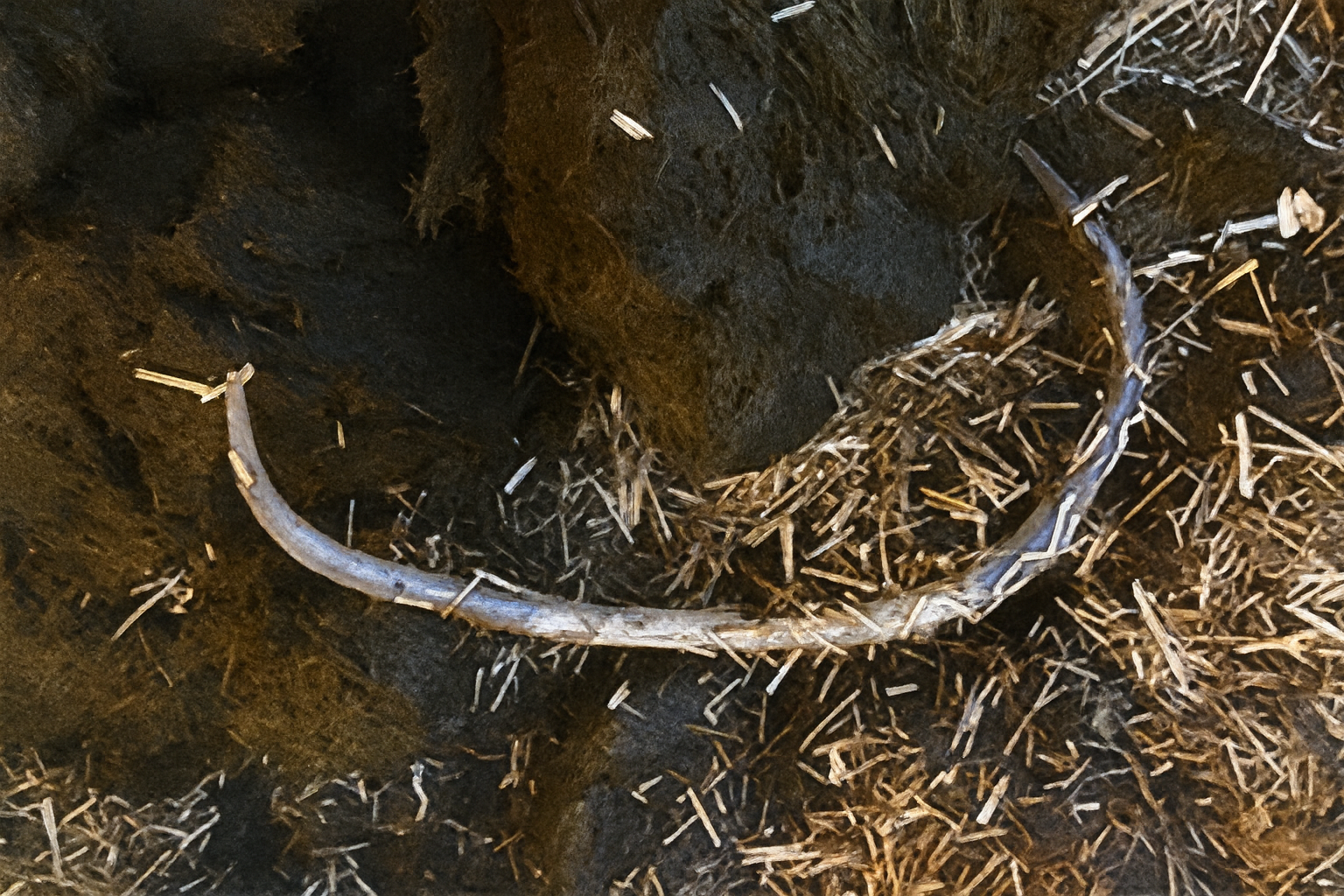De spoelworm is een zeer vruchtbare worm. Een vrouwelijke worm kan tot 200.000 eitjes per dag leggen, die met de mest op de weide komen. Spoelwormeitjes worden omgeven door 3 lagen. De eitjes zijn goed beschermd tegen droogte, temperatuurverschillen en chemische stoffen en kunnen tot 10 jaar lang infectieus blijven. Doordat de eitjes zo goed kunnen overleven buiten de ezels, is elke weide waar paarden of ezels hebben gelopen als besmet te beschouwen. De infectie wordt echter vooral overgedragen tussen veulens van de verschillende jaargangen. Bij onvoldoende hygiëne komen ernstige infecties ook voor op stal.
Roundworm eggs, often already containing a larva, can be ingested throughout the year. Once the egg reaches the intestine, the larva hatches and penetrates the intestinal wall, after which it ends up in the liver. After passing through the liver, the larvae travel via the bloodstream to the lungs. Depending on the number of larvae, this can result in severe pneumonia. Keep in mind that if pneumonia is suspected to be caused by a roundworm infection, no roundworm eggs will be found in the manure, as at this stage there are not yet any adult worms established in the intestines.
From the lungs, the larvae are coughed up through the windpipe and swallowed. Upon returning to the small intestine, the final molt takes place, and the larva develops into an adult worm. If there are large numbers of adult worms, (partial) obstruction of the small intestine can occur. In this situation, a large number of eggs will be found in the manure. Donkeys quickly build up resistance to roundworms, which is why roundworms are rarely found in donkeys older than 2 years. It is mainly an infection of donkey foals and yearlings.
Research at the Faculty of Veterinary Medicine in Utrecht has shown that 63% of roundworms present in Dutch donkey foals are resistant to ivermectin. This is the active ingredient in many commonly used dewormers such as Eraqueel, Eqvalan, Noromectine, and Equimectine. It is very important to know whether your donkey foal is dealing with resistant roundworms. For this reason, it is advised to have a manure test performed.
Controlling roundworms mainly involves minimizing the number of eggs that end up on the pasture through the manure of infected horses or donkeys, and preventing damage caused by roundworms to the intestines, lungs, and liver. Most infections are seen in donkey foals aged 4 months and older.
For donkey foals from 4 months of age, check approximately every 2 months whether roundworm eggs are present in the manure. If a manure test is positive, we recommend deworming with a product based on pyrantel or fenbendazole. Both products are only effective against adult, egg-laying worms and not against developing larvae.
If a manure test shows that your donkey is infected with roundworms, we will provide you with personalized treatment advice. This way, your donkey’s health comes first and you avoid unnecessary deworming. Feel free to contact our team if you have any questions. Our enthusiastic team is happy to help!
